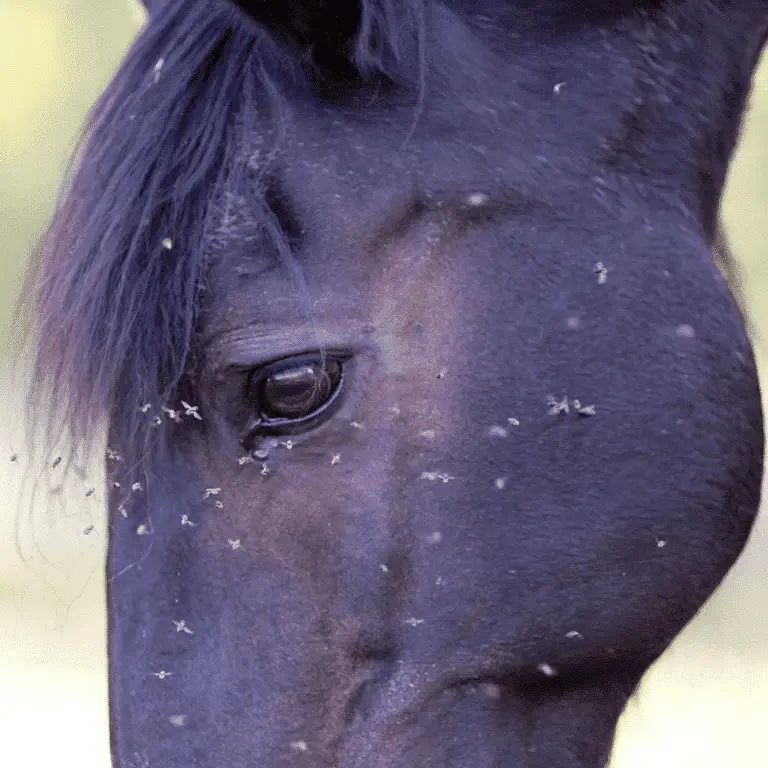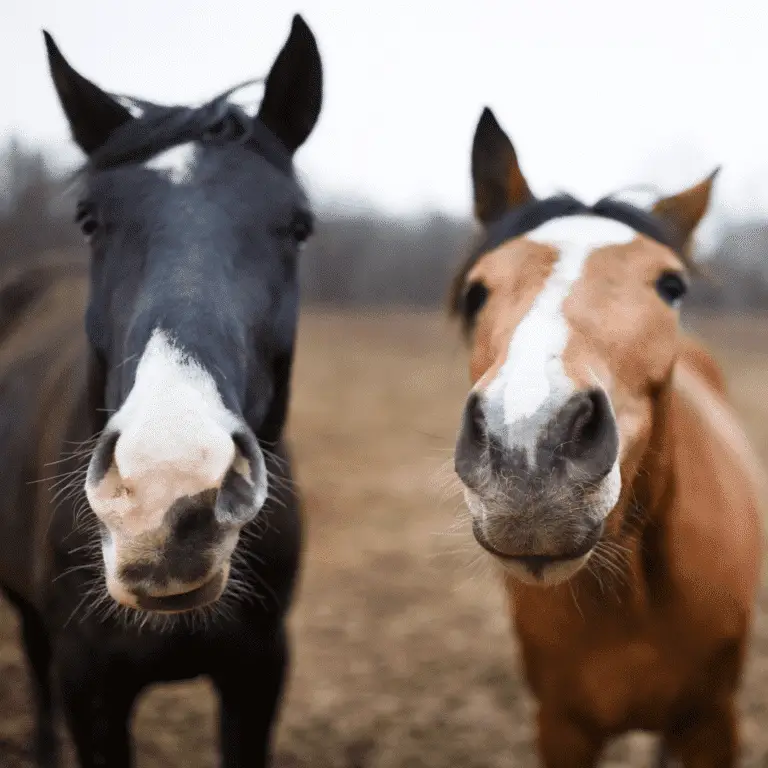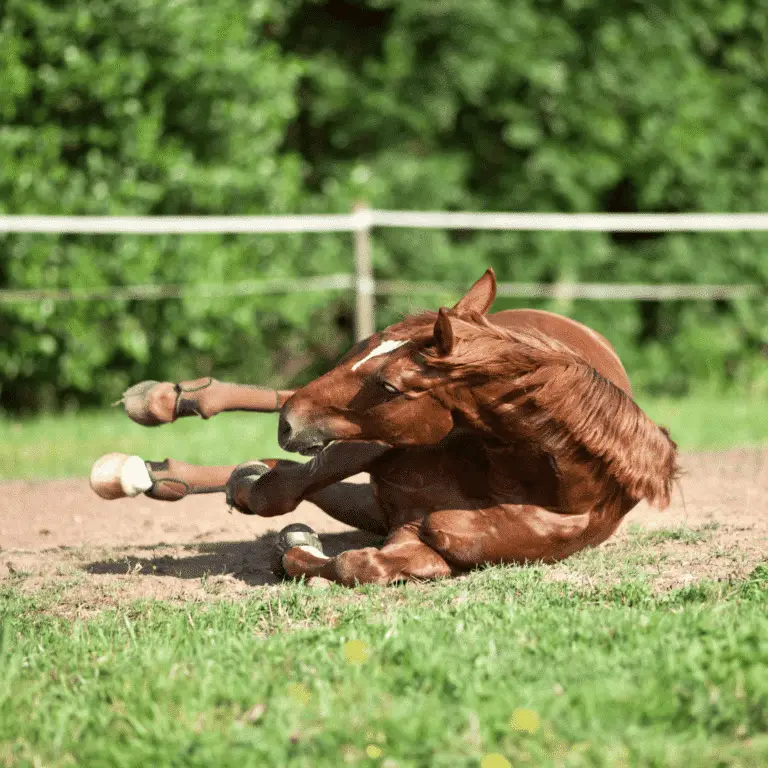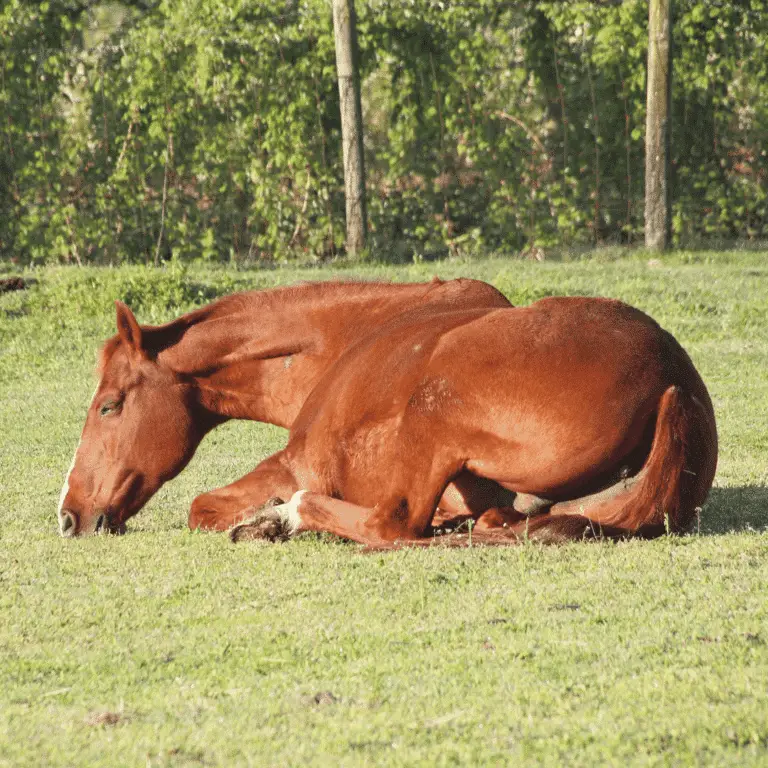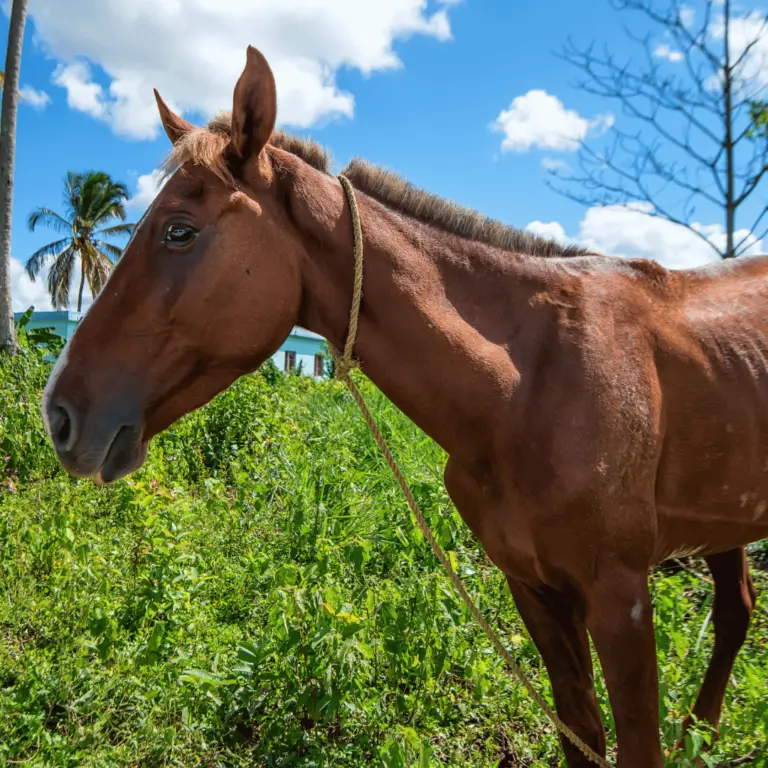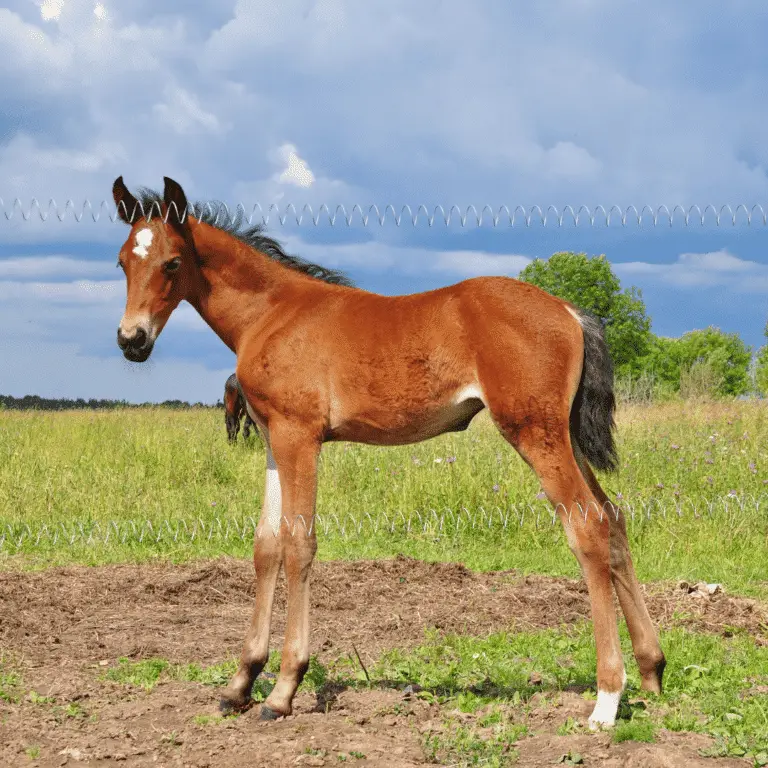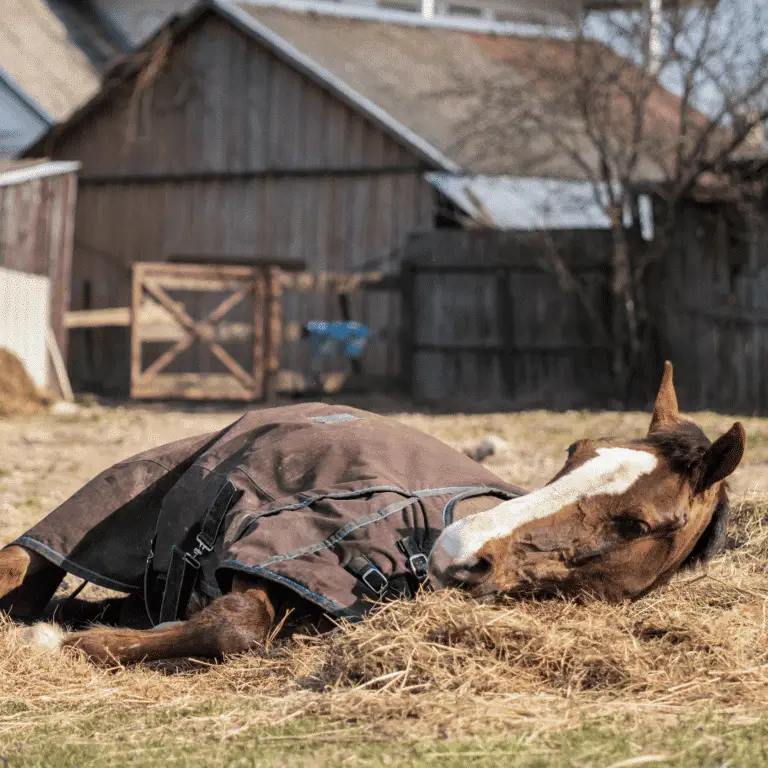Whether you’re a seasoned equestrian or new to horse care, understanding the symptoms, treatments, and prevention strategies for parasitic and insect-related issues is crucial for your horse’s health and comfort.
Parasites and insects can cause a range of problems for horses, including skin irritations, internal infections, and systemic diseases. Recognizing these issues early can significantly impact your horse’s well-being. Our articles cover a wide array of parasites and insects, from common pests like Ectoparasites (Flies, Ticks, Lice, Fleas) to internal parasites such as Tapeworms, Strongyloides and African Trypanosomiasis.
Each article delves into evidence-based treatments, and practical tips for prevention. Whether you’re looking for advice on pasture management, deworming schedules, or seeking guidance on when to consult a veterinarian, we’ve got you covered.
